Veranstaltungen und Aktivitäten
Gemeinsame Bücherausstellung zum 100. Todestag von Natsume Sōseki

In diesem Jahr begehen wir den 100. Todestag des bedeutenden japanischen Schriftstellers Natsume Sōseki. Die Bibliotheken des International House of Japan, des Maison Franco-Japonaise sowie des Deutschen Instituts für Japanstudien stellen zu diesem Anlass englisch-, französisch- und deutschsprachige Übersetzungen seiner Romane aus. Darüber hinaus gibt es verschiedene Rezensionen sowie Dissertationen zum Thema Sōseki zu lesen.
Mothers and Social Movements in Postwar Japan
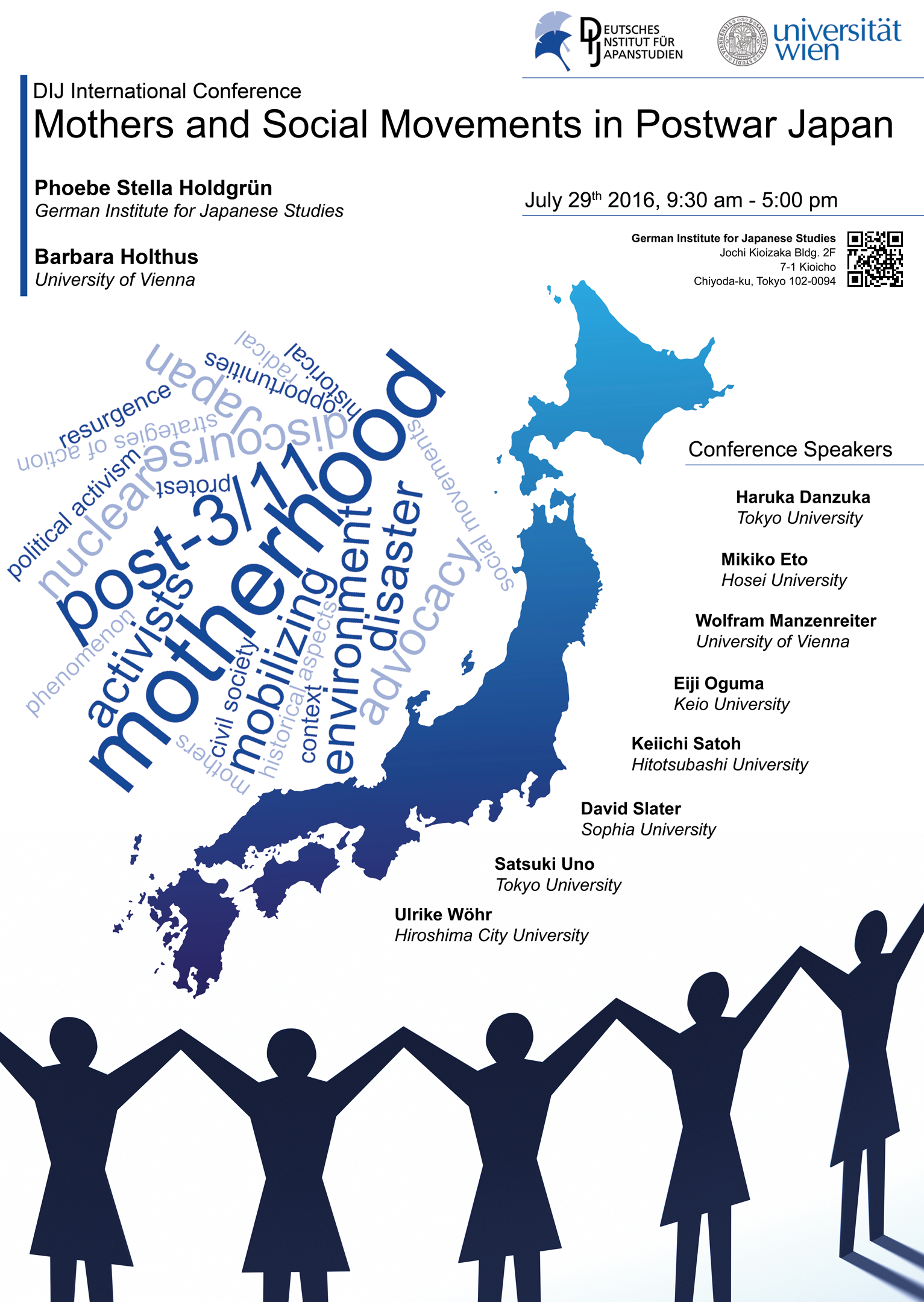 Mothers often play an important role when it comes to social movements and political activism, in Japan and elsewhere.
Mothers often play an important role when it comes to social movements and political activism, in Japan and elsewhere.
In this conference, we aim at bringing together several of the researchers who study mothers as activists in social movements in Japan, with a particular focus on, but not limited to, activism after 3.11.
Diversity and Inclusion in the Japanese Workplace
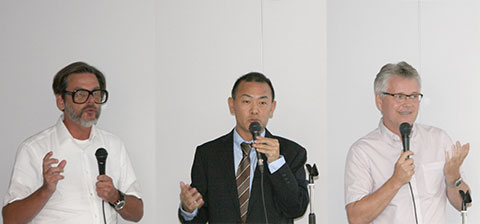 Tomoki Sekiguchi is professor of management at the Graduate School of Economics, Osaka University. His research interests centre on individual behaviour in organizations, organizational justice, person-environment fit, hiring decision-making, management fashion, and international and strategic human resource management.
Tomoki Sekiguchi is professor of management at the Graduate School of Economics, Osaka University. His research interests centre on individual behaviour in organizations, organizational justice, person-environment fit, hiring decision-making, management fashion, and international and strategic human resource management.
In his presentation he will report on a growing number of Japanese firms that are hiring non-Japanese employees in their domestic workplace in order to promote uchi-naru kokusaika or internal internationalisation of management.
The presentation will be followed by comments from Sierk Horn and Hendrik Meyer-Ohle.
Five Things You’d Want to Know in Explaining Japan’s Surrender in 1945
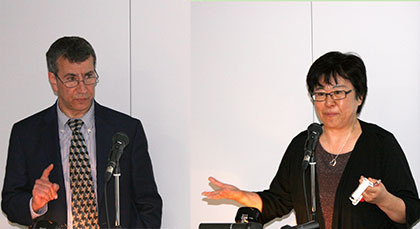 To most Americans, it is perfectly obvious that the two atomic bombs ended World War II. Yet at least four other developments helped persuade Japanese leaders to surrender.
To most Americans, it is perfectly obvious that the two atomic bombs ended World War II. Yet at least four other developments helped persuade Japanese leaders to surrender.
The Soviet Union’s entry into the war against Japan on August 8 may have been more decisive, some historians argue. However, the other three factors are rarely discussed.
Health Care in Japan: How Sustainable is the System?
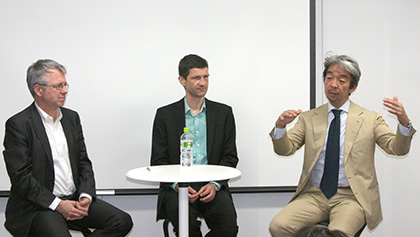 On its surface, Japan’s health system appears to be one of the world’s best. The country provides universal access to health care and scores well on most public health metrics. For example, the Japanese have the longest life expectancy and among the lowest infant mortality rates in the world, and they lose significantly fewer potential life years to disease than do the citizens of almost any other country.
On its surface, Japan’s health system appears to be one of the world’s best. The country provides universal access to health care and scores well on most public health metrics. For example, the Japanese have the longest life expectancy and among the lowest infant mortality rates in the world, and they lose significantly fewer potential life years to disease than do the citizens of almost any other country.
However, Japan’s health system – like those in many other countries – is under severe stress. An increasing number of patients are finding it difficult to obtain the right care at the right time and place. The quality of care delivered varies markedly. Many of the cost-control measures the system has implemented have damaged its cost-effectiveness.
DIJ Newsletter 53, April 2016
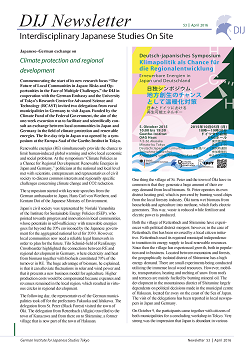
Der seit Juni 1997 in deutscher und englischer Sprache erscheinende Newsletter des Deutschen Instituts für Japanstudien informiert über die Forschungsprojekte, Veranstaltungen und Publikationen des DIJ und bringt neben einer Titelgeschichte zu aktuellen Entwicklungen und Themen Kurzberichte über externe Veranstaltungen und Rezensionen relevanter Neuerscheinungen.
Bulletin 36, 2016
Das im Frühjahr 2016 erschienene Bulletin informiert ausführlich über die Aktivitäten des Deutschen Instituts für Japanstudien im vergangenen Jahr (2015).
Diese auf deutsch herausgegebene Publikation kann direkt beim DIJ in Tokyo bezogen werden.
Negotiating “Superstition” and “Religion”: The Case of the “Immoral Heresies Tenrikyō and Renmonkyō” in Meiji Japan
The rise of the so-called new religions (shinshūkyō) amidst Japan’s traditional religions Buddhism and Shintō had attracted much commentary already in the Meiji period, ever since they started vying for official recognition in Denominational Shintō. Research has tended to lock early groups like Tenrikyō and Renmonkyō in the narration of a modern Japan, placing them firmly in the pre-modern and superstitious “enchanted garden” of the Weberian modern “disenchanted” world.
In the context of the critique of modernization theory it is necessary to re-examine the formation of the new religions in the Meiji period.











 Open Access
Open Access 
